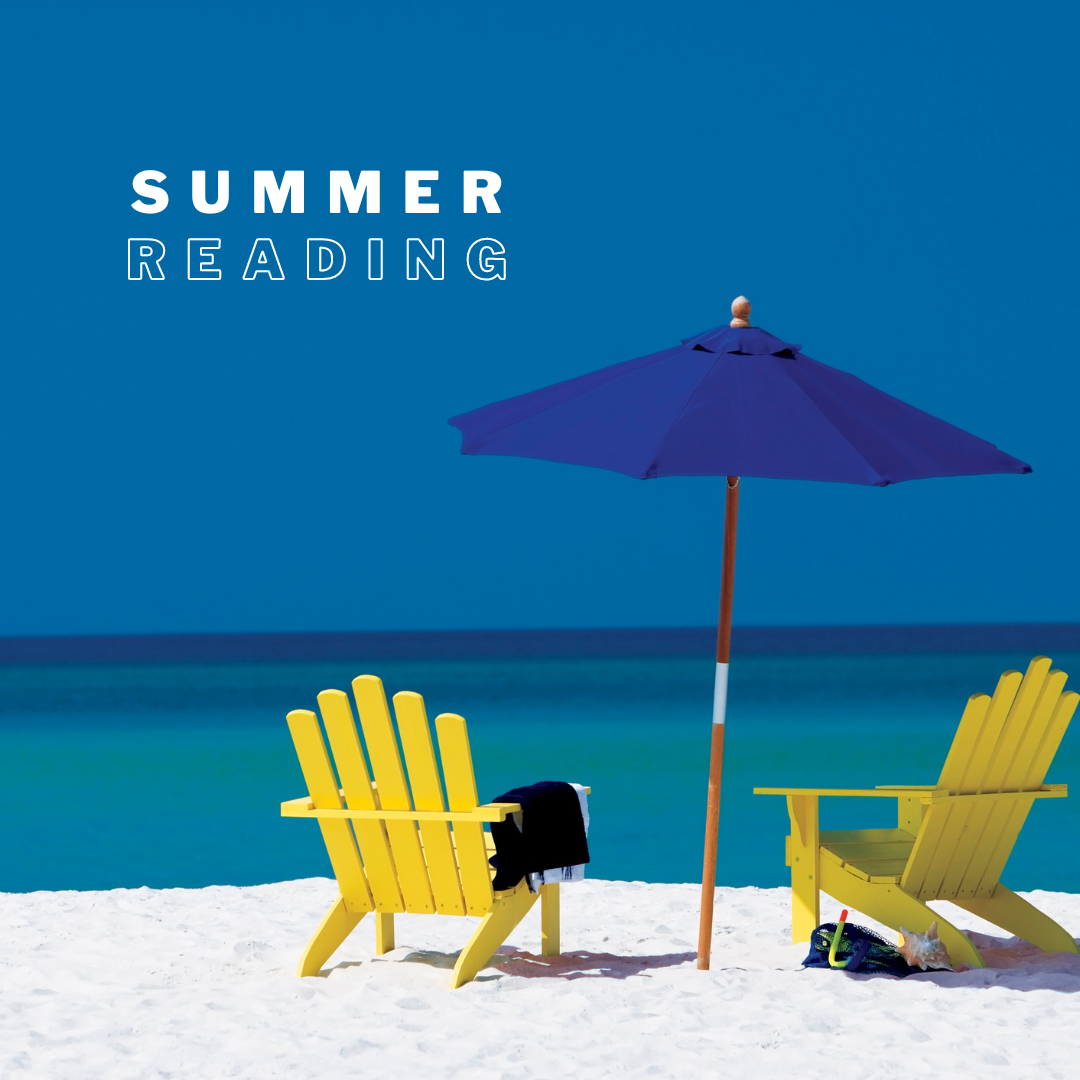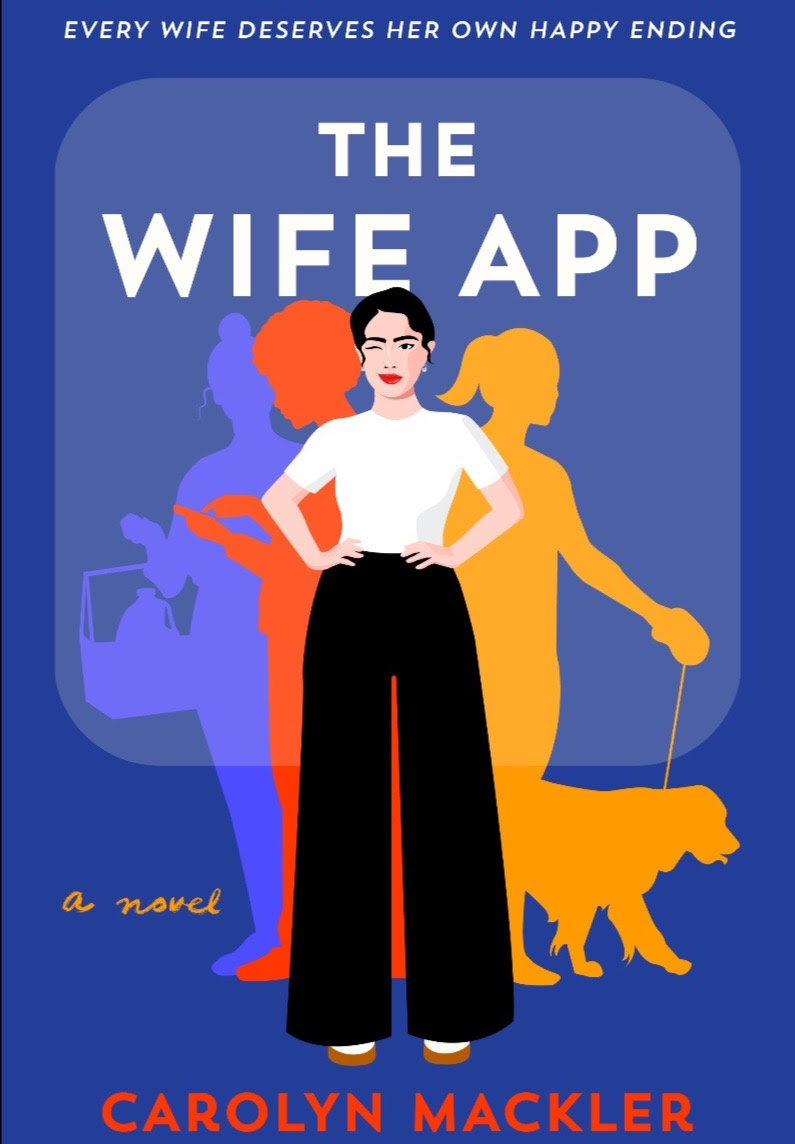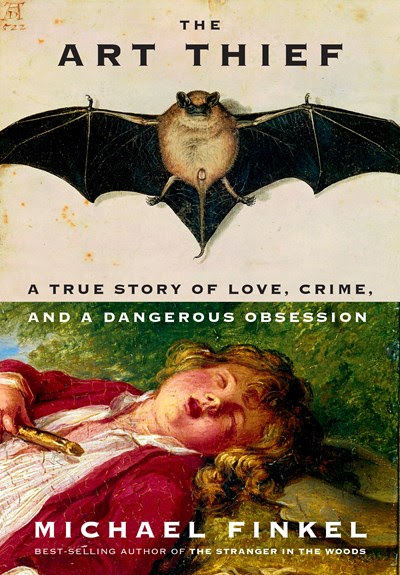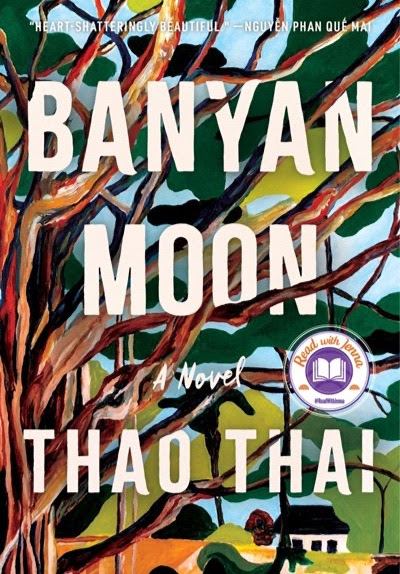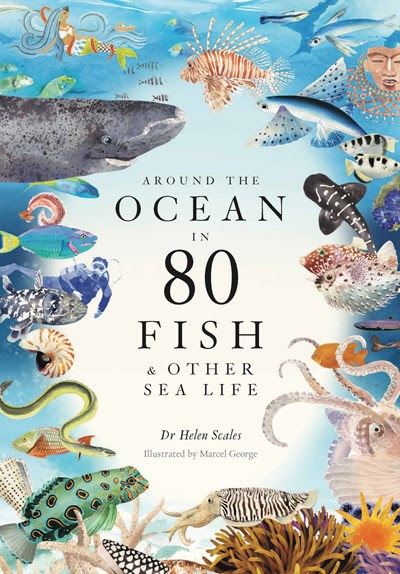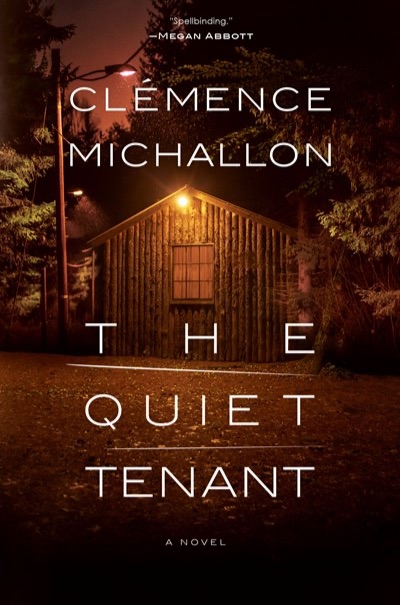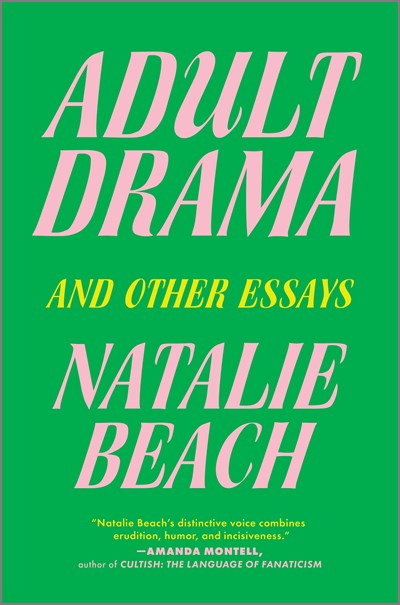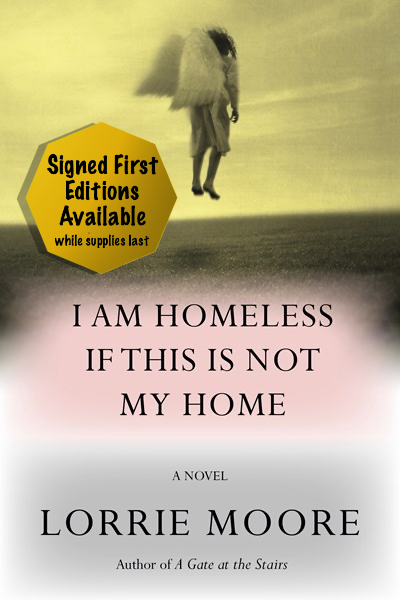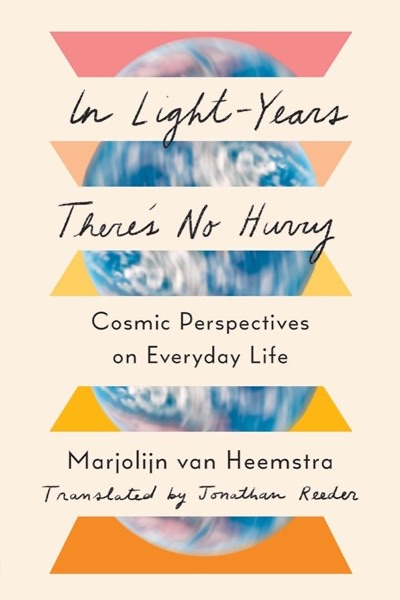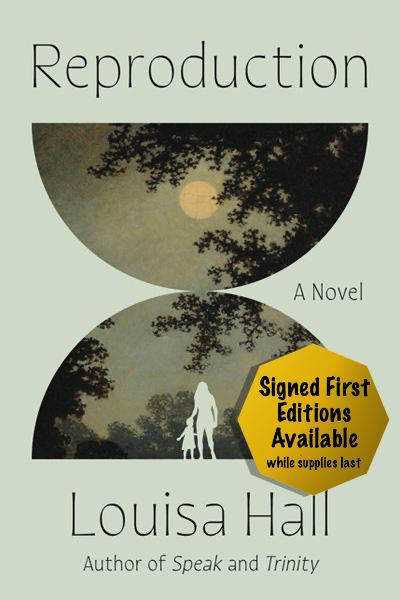Long lazy days call for a good book – and we have some recommendations.
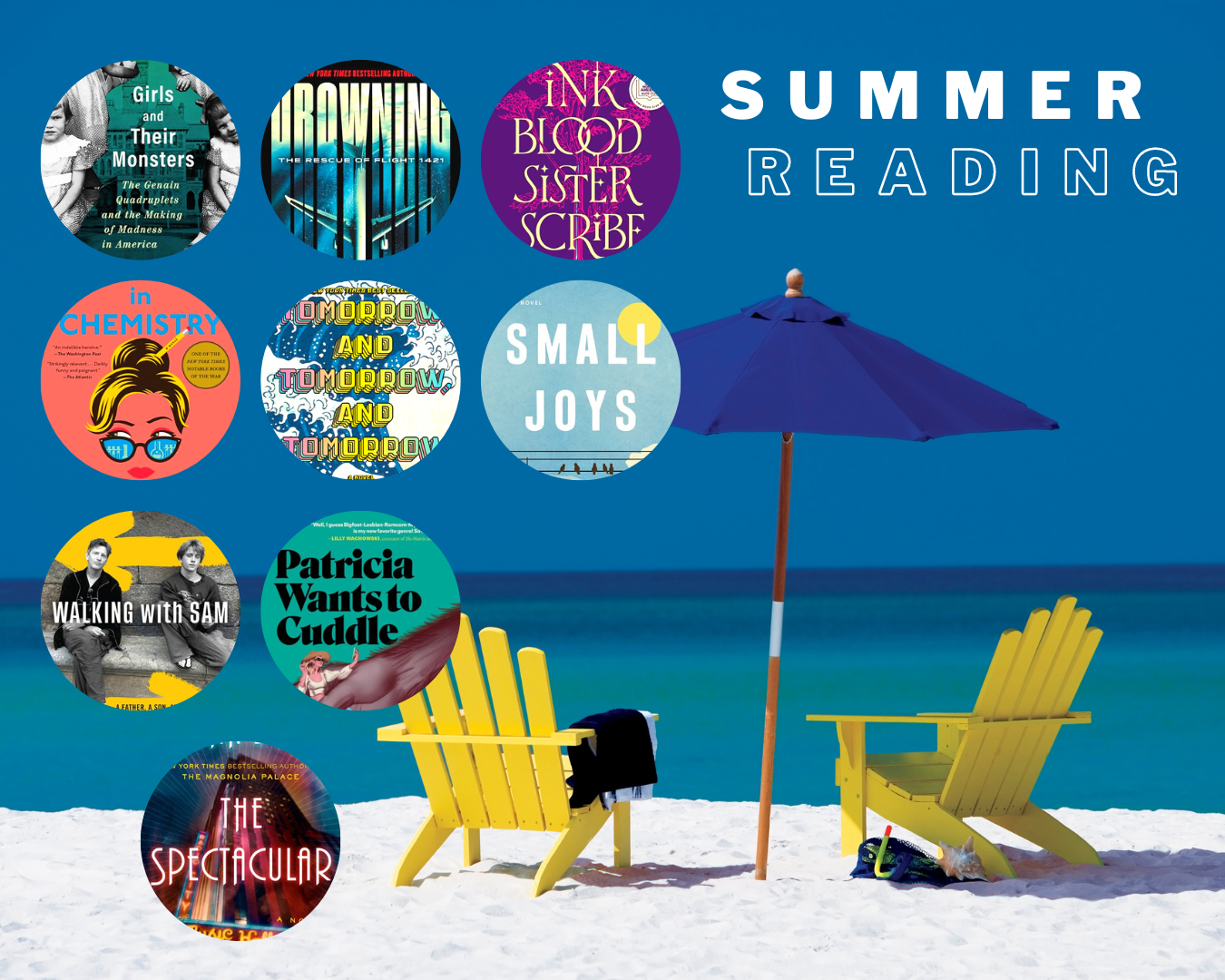
Lori is reading Drowning: The Rescue of Flight 1421 by T. J. Newman. She writes, “Probably not the best to read before flying cross-country, but it was a great action story and quick read. A take on The Poseidon Adventure (only trapped on an airplane) with a great cast of characters.”
Alexander is looking forward to Small Joys by Elvin James Mensah because of the clever cover and engaging subject.
Robin has had Patricia Wants to Cuddle by Samantha Allen on her TBR since it came out last year. This is the summer for the book that everyone says is unhinged in the best kinds of ways.
Shelly, one of our fabulous volunteers, loves Fiona Davis, and can’t wait to dive into The Spectacular.
Emily is excited about Girls and Their Monsters by Audrey Clare Farley, because it reminds her of Hidden Valley Road by Robert Kolker, which she loved.
Gina is reading Walking with Sam by Andrew McCarthy, because traveling the Camino de Santiago is on her bucket list.
Riona is looking forward to Ink Blood Sister Scribe by Emma Törzs.
Camila calls Lessons in Chemistry by Bonnie Garmus and Tomorrow, and Tomorrow, and Tomorrow by Gabrielle Zevin “perfect vacation reads.”

